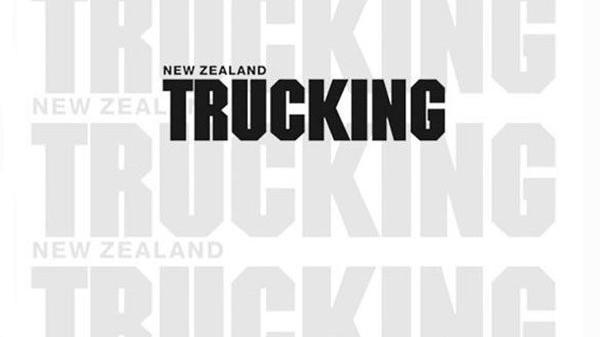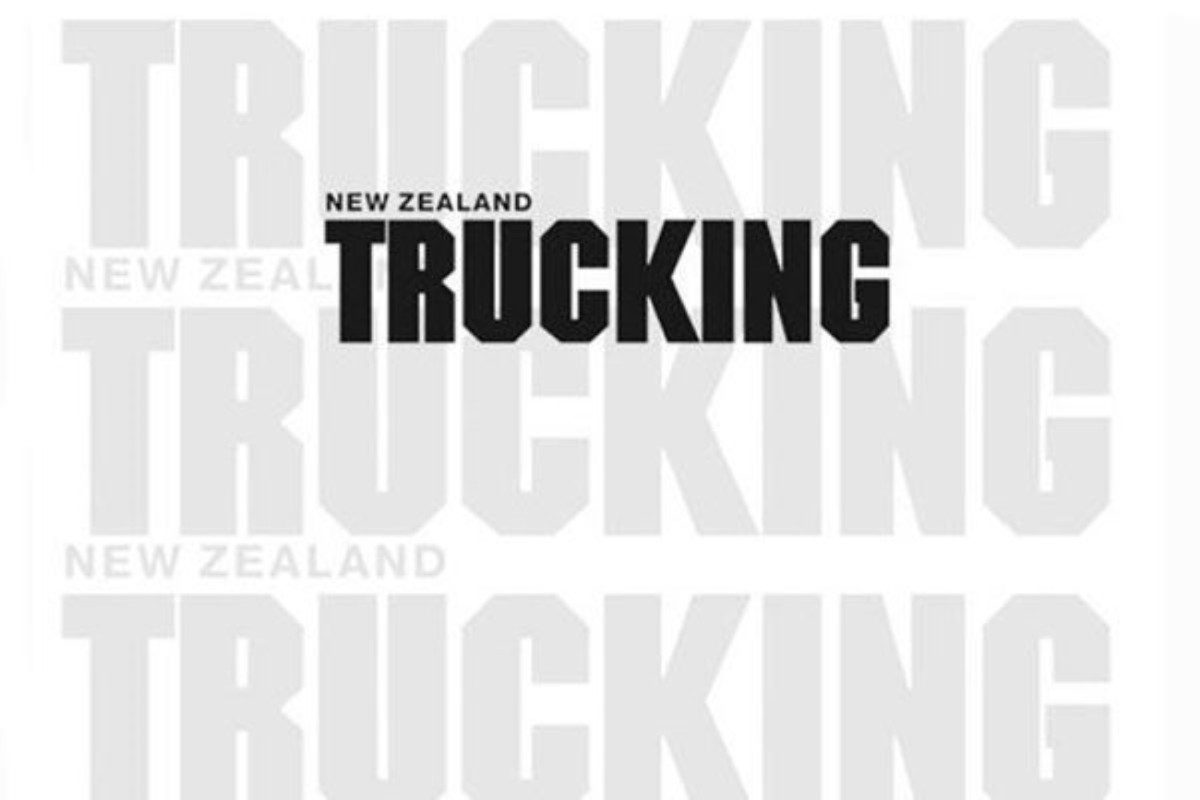
When presented with exciting new ways to supposedly lose weight without much effort or by removing entire food groups from our diet, we often go down that road rather than the tried-and-true path of everything in moderation.
How do you know if you are genuinely improving your overall health or are embarking on the latest fad diet? There are a few tell-tale signs or red flags to look out for when starting a nutrition plan.
1. Removing entire food groups?
If the diet asks you to do this, you are not on to a winner. Every macronutrient group (carbs, fats and proteins) is important in your diet. For example, protein is good for muscle growth and repair; carbohydrates are great for energy and brain function; fats help protect organs and lower cholesterol and blood pressure.
If we were to attempt to remove one altogether, we would lose many benefits that the macronutrient provides. It also is not sustainable over a long period.
It’s important to know the difference between simple and complex carbohydrates – simple carbs (white bread, doughnuts and pizza…) provide instant energy but burn off. Fast and complex carbs (rice, oatmeal…) give slow-burning, sustained energy. There are also good fats like avocado and nuts and bad fats like deep-fried and takeaway foods.
Diets that prescribe you should have fewer simple carbs or less bad fats take a healthier approach rather than trying to eliminate the entire food group.
2. On a time frame?
If a diet is prescribed for a specific timeframe, the diet is probably not sustainable or suitable for you long term. I think that starting something that you don’t intend to continue for long-term health benefits is pointless. I don’t recommend short-term crash diets as they can lead to binging, leaving you worse off than when you started.
3. Dramatic before/after photos?
Before/after images are a popular way to sell diet plans and regimes, they grab attention and quickly hook you in. It is only natural to want to transform yourself with a wellness regime but be mindful of the trickery around before/after images. Firstly, these images are often stolen from other products, and the person in the images hasn’t even done the advertised diet plan. Secondly, the images can be manipulated. I would never take them at face value.
4. “It worked for my friend”
Although word of mouth and seeing people you know transform before your eyes is an extremely powerful referral system, it isn’t always what it seems to be. Firstly, every person is unique, and what worked for your friend may not necessarily work for you. They will have a different metabolism and body composition. We are not all on an even playing field… I have friends who barely work out and eat quite unhealthily who will always be slimmer than me.
How you look doesn’t always accurately reflect your level of health. I had many clients considered larger framed who completed full Ironman events, which is an extremely difficult feat. By all means, try something that worked for friends or family, but be realistic and mindful about achieving the same results.
5. Is it celebrity endorsed?
Just because a celebrity’s face is splashed all over a diet plan does not always mean it’s not legitimate or well thought out. Celebrities are often paid large sums to be involved in ad campaigns, and they may not prescribe to the advertised diet. They also may very well have private chefs and personal trainers and get loads of extra help to look the way they do.
6. Do I have to give up my social life?
If you have to say no to social events with family and friends because you can’t eat the food or you can’t miss a training session, it is unsustainable and will negatively impact your mental health. Being social and enjoying your friends and family is an important part of life, and I’ve seen it too many times in clients refusing to go to a pizza night and missing out on the whole social experience. No ‘dream’ body is worth sacrificing important time with loved ones.
7. Will it realistically work around your lifestyle?
This is a massive consideration before starting a nutrition plan. If you work an extremely physical job and the diet requires you to live off meal replacement shakes, it will not be a practical solution. Or if the diet involves a lot of heated meals or meals that aren’t easily eaten on the go, this may be difficult for people who don’t have easy access to cooking facilities.
The overarching question you must ask yourself is, ‘Can I see myself still doing this in two years?’ If the answer is no, don’t bother starting. Choose something you can tailor around your lifestyle and the foods you enjoy.
‘Everything in moderation’ is overused, but it is bang on the money. You must balance your food options with highly nutritious versus less nutritious foods. Make sure that 80% of the time you eat wholesome, nutritious foods and 20% of the time you have less nutritious ‘treats’ to balance your diet and satisfy cravings, and enjoy your life and be social.
Read more
No gym, no worries
0 Comments7 Minutes
Apples and oranges
0 Comments7 Minutes
Why do we exercise?
0 Comments6 Minutes
Exercise more in 2024
0 Comments7 Minutes




